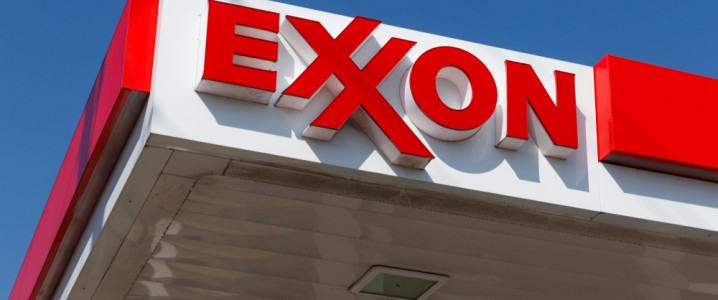Algeria’s state oil company Sonatrach and energy major ExxonMobil have entered into an agreement to develop two significant gas fields in southern Algeria’s Ahnet and Gourara basins.
This partnership marks a crucial step in Algeria’s hydrocarbon development, opening up new opportunities for investment and technological advancements.
The collaboration between Sonatrach and ExxonMobil is set to enhance Algeria’s position in the global energy market and address the growing energy demands both domestically and internationally.
The African Energy Chamber (AEC) fully supports this agreement, recognizing the importance of collaborations between international oil companies (IOC) and African nations. Such partnerships are key to unlocking Africa’s vast energy potential. These developments align with the upcoming African Energy Week (AEW): Invest in African Energy event, which serves as a platform for project operators, financiers, technology providers, and governments to foster collaboration and sign deals in the African energy sector.
Algeria is strategically positioning itself as a key player in the global energy market. The country aims to leverage its abundant natural resources and advance technological capabilities to meet the increasing energy needs.
The nation’s proactive engagement with IOCs, coupled with favorable fiscal terms and simplified regulations, has attracted investments from companies like Chevron and Pertamina. Additionally, TotalEnergies has signed a memorandum of understanding (MoU) with Sonatrach to develop gas resources in the North-East Timimoun region.
Algeria plans to invest $50 billion in oil and gas projects by 2027, focusing on boosting production and bringing new developments online. Sonatrach has already initiated phase two of the southwest gas project, launching three key fields – Hassi Ba Hamou, Hassi Tidjerane, and Tinerkouk.
The partnership with ExxonMobil will further enhance exploration efficiency and optimize production processes, benefiting from the company’s extensive experience and track record in managing complex energy projects across Africa.
This collaboration signifies a pivotal moment for Algeria’s energy landscape, paving the way for responsible and sustainable utilization of its natural resources. The partnership aligns with the theme of this year’s AEW: Invest in African Energy – Energy Growth through an Enabling Environment. It demonstrates Algeria’s commitment to energy sustainability and positions the country as a regional gas export to European nations.











